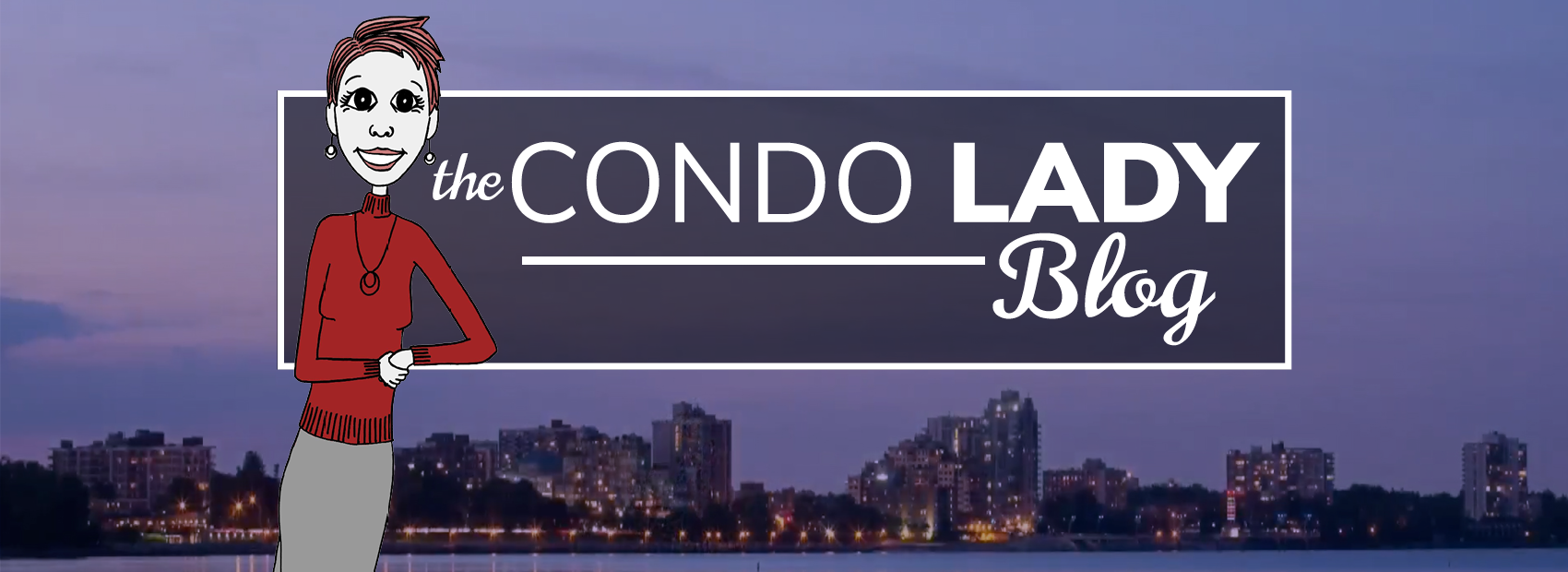When you think about buying insurance for your home, the amount of coverage will depend on your type of property. In case you are living in a condo, there are two kinds of policies you will need. The master policy, which will cover all common areas and external structure and personal insurance. As a condo owner, you will combine both policies. Then, you might be wondering: How much insurance do I need? In this article, you will find the answer.
Whenever you ask an agent how much insurance you need for your condo, they will tell you that it depends. This is because both policies have to work together to give you complete coverage. However, the main difference is that the master policy is mandatory for every resident, while personal insurance is optional. In this regard, there are different types of mandatory policies available depending on the condominium you choose. That’s why first, we will explain the coverage of commercial condo insurance. After, we will break down how you can complement your protection with personal condo insurance.
Condo master policy
If you decide to live in a condo, you will have to purchase a homeowner’s association policy. All types of condo master policies will cover all the common areas such as the gym, swimming pool and games room. As part of the association, you will have to contribute every month to this insurance. Here are the condo master policies that you could find in the market.
- All-in
These policies cover the exterior structure, fixture repairs and liability. Also, it will protect the internal structure, including any renovations you made to the unit. But, all your personal property is not part of the policy.
- Bare walls
This one covers only the external structure and common areas. This means you will need to ensure all the contents of your home, appliances, flooring and fixtures, among others.
- Single entity
With the single entity policy, you will have more coverage than with the bare walls, but less compared to all-in. Single entity protects all the exterior structures of the building, common areas and internal fixtures. However, for any repairs or upgrades, you will have to protect through a different policy.
Remember that the homeowner’s association would decide which type of master policy you buy. The purchase of this insurance will even be a condition to be a resident of the building. It is important to carefully read all the conditions of the master policy and find out everything that is excluded. Once you know which one is your homeowner’s association insurance, it’s time to take a look at the condo insurance.
How much condo insurance do I need?
Some people think that the master policy and the condo insurance are the same things. But, they are wrong. The master policy is the coverage that the homeowner’s association mandates. Condo insurance is a personal coverage that most residents purchase to protect their personal property, plus everything excluded in the master policy. If you want to find the top condo or home insurance in the market, visit Surex.
Now, you might be wondering how much insurance do you need for your condo? Well, that depends on the master policy. For instance, if you have all-in coverage, you will need to purchase condo insurance to cover renovations. However, there are other factors you need to consider, such as the age of the structure, location and size. You can talk about all this with your insurance agent, and they will help you determine which coverage you need.
But, before you call your insurance company, there are some values you need to know.
- 1. Personal items
Apart from complementing what’s missing from the master policy, condo insurance also protects your personal items. This insurance will kick in in case your items are damaged, lost or stolen. To have an average value for the coverage of your items, you need to do an inventory.
When you start asking for condo insurance quotes, one of the first questions they will ask you is for an estimated value of your personal property. It is easy to underestimate the cost of elements you have in your house. That’s why an inventory of your clothes, furniture, appliances and electronics will ensure you come up with an accurate amount.
Today many apps can help you with the inventory, plus you can edit it to keep it up to date. If you have any high-value items such as jewelry or musical instruments. You’ll have to add these elements to the policy through floaters.
- 2. Liability coverage
Make sure that your condo insurance policy includes liability coverage. This part of the policy will protect you in case someone gets injured inside your property. The insurance company will take care of all the medical bills, up to a determined amount, plus any legal fees.
Before deciding how much liability coverage you will need, asses all the possible hazards in your home.
- 3. Living expenses
In case the is a fire, leaving your unit completely destroyed and you can’t live there while it is being repaired. Where would you go? Even though this is an extreme scenario, you must prepare for unexpected situations. To determine the living expenses of your policy, you need to think about your daily life.
Consider you might be living in a hotel for a couple of months. How much money will you expend? What is the cost of food for you and your family? Once you have an amount, you can include it in your policy.
After taking a look at how much condo insurance you might need, we will talk about how much should condo insurance cost.
How much should condo insurance cost?
On average, condo insurance costs $488, but the final amount depends on several factors. The insurance company will calculate your premium considering your master policy, the state of your unit and your location. However, the coverage for personal items, liability and living expenses will increase the price of your policy. If you feel lost at any point, contact your provider or insurance agent.




